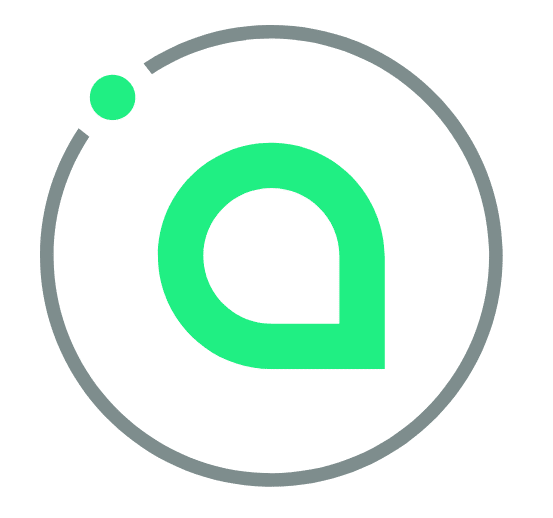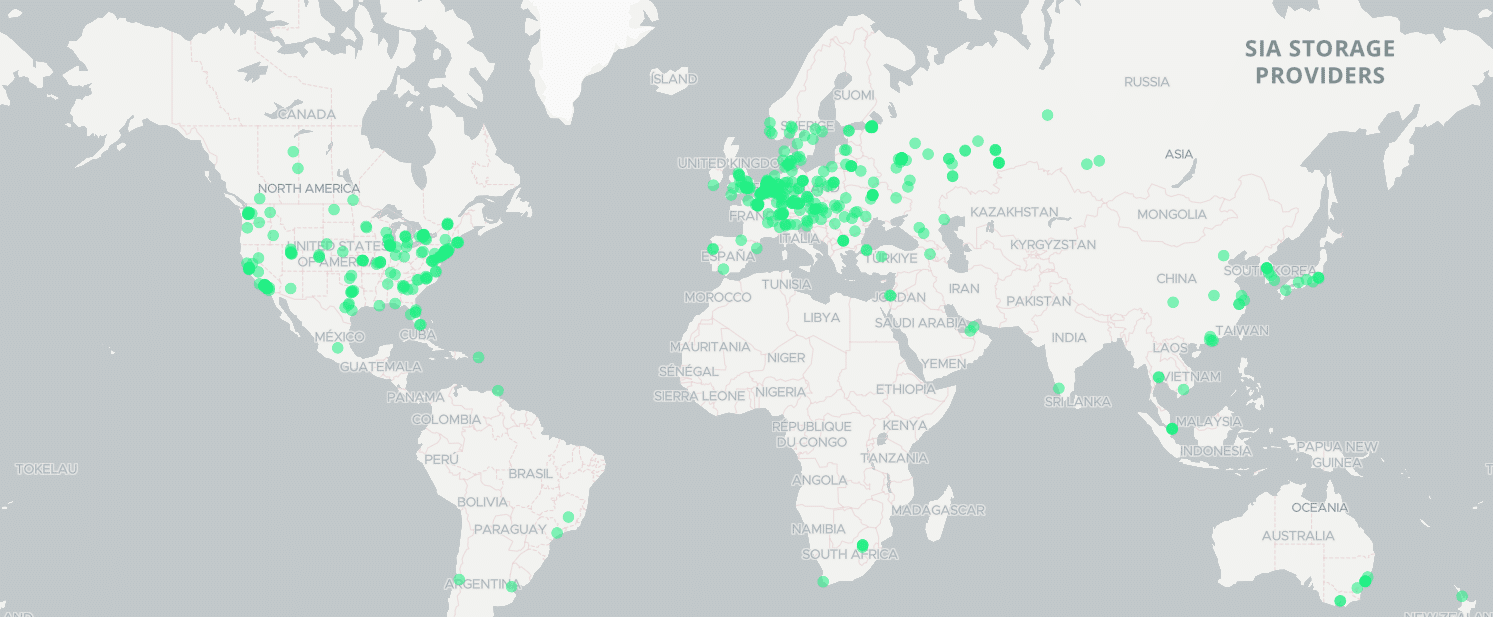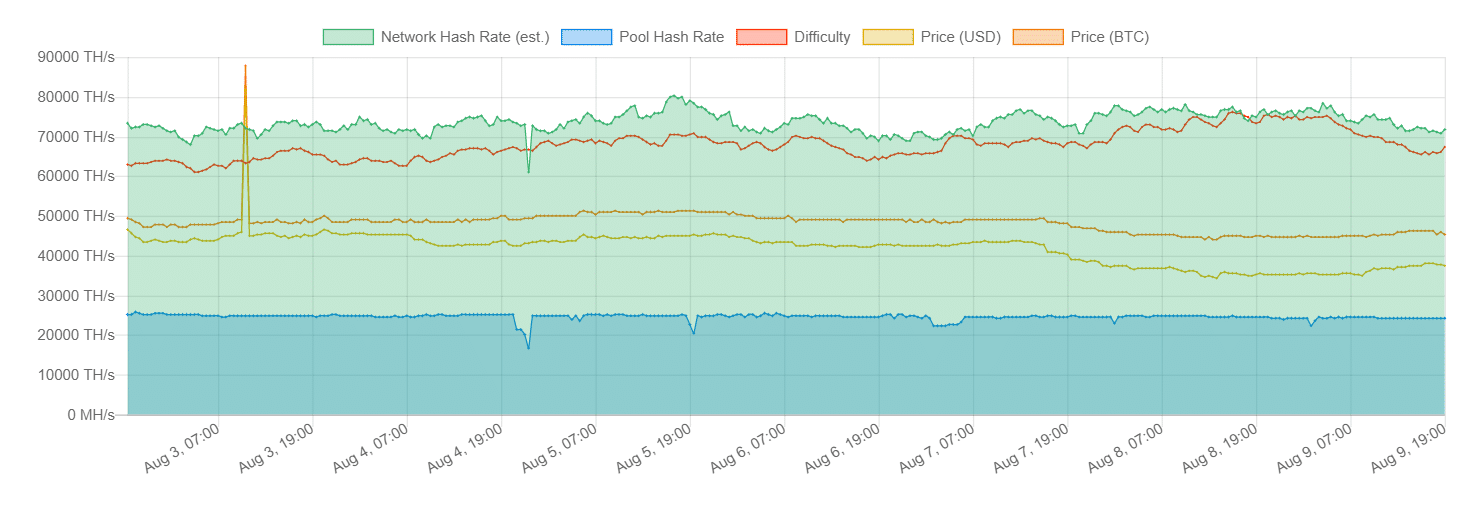Latest news about Bitcoin and all cryptocurrencies. Your daily crypto news habit.
The competition to develop a better, decentralized cloud storage solution powered by blockchain technology is fierce. In this article, we highlight Siacoin (SC) and the Sia project team’s efforts to change the decentralized cloud storage landscape. We will also examine how this project is changing the cryptocurrency mining industry with Sia mining.
Why Cloud Storage on the Blockchain?
There are a variety of reasons for building a cloud storage solution on the blockchain. In recent years, data privacy has become a growing concern for many netizens. For the most part, large tech companies have used centralized data for profit, while individual users receive none of these earnings. Decentralized solutions aim to give users greater privacy control and prevent large-scale data mining.
Moreover, centralized cloud storage solutions are vulnerable to large-scale hacks. Decentralized databases have the potential to improve cloud storage security through technical designs that are inherently more secure.
Sia and Other Popular, Decentralized File Storage Solutions
With all of these issues with current file storage solutions, it’s easy to see why the Sia platform has the potential to change the future of decentralized cloud storage. However, it’s also essential to note that Sia isn’t alone when it comes to this specific space.
Storj, Filecoin, and MaidSafeCoin are just a few of the many blockchain projects competing to become the go-to file storage solution. For the most part, these projects have a lot of basic technical similarities. For example, all make it possible for people throughout the world to use underutilized hard drive space.
Essentially, their token economies are the same. Users who need extra storage can pay for blockchain-powered storage services by using the platform’s native cryptocurrency. Users who contribute storage space can earn cryptocurrency funds.
Now that you understand the commonalities between these various competing projects, it’s crucial to understand how Siacoin (SC) is gearing up for the future, and what makes this specific project unique when compared to other solutions.

Sia is competing with centralized and decentralized database storage solutions.
Comparing Prices
As mentioned above, increased data privacy and data security are important to user adoption. Besides these benefits, price point is another big factor that most users consider when choosing a data storage option. The good news for Siacoin (SC) is that it offers a far better price than centralized cloud storage companies.
As of August 9, 2018, Amazon S3 charges $23 per month for 1TB of cloud storage. In comparison, Sia offers 1TB for roughly the equivalent of $2 per month, which can be paid in Siacoin (SC). By having an 11.5x cost advantage over competitors, Siacoin could be poised for massive user adoption. However, for users considering a switch, note that the Sia platform is still in development (as of August 2018). According to the project website, Sia plans to become a true competitor with Amazon S3 in 2020.
Forget the Other Cryptocurrencies
One of the most interesting aspects of the Sia project is that all services using the native platform are paid exclusively in Siacoin (SC). This contrasts with many other blockchain projects that offer users a variety of payment options. For example, several allow users to also send and receive other cryptocurrencies and/or fiat currency as an alternative.
Whether this is an effective user acquisition and retention strategy or not is yet to be determined. There are potential risks in both strategies. On the one hand, projects that offer alternative payment options take a risk that users might bypass the use of their native cryptocurrencies. Other the other hand, Sia’s limited one choice payment option might make it difficult to incentivize new adoption. However, the Sia project team could also resolve this by adding Siacoin (SC) to more exchanges, increasing the potential for higher long-term liquidity.

Sia’s storage providers are distributed across the globe.
Sia Mining: Stance on ASIC
While many projects are committed to stopping ASIC mining at all costs, Sia appears to be taking a different stance. Currently, the project does allow ASIC mining. David Vorick, one of the project’s founders, published a blog post on this subject in May 2018. In this post, Vorick detailed some of the challenges to ASIC resistance. In an earlier blog post titled “Choosing ASICs for Sia”, Vorick gave some insights on why the project has decided to stick with Proof-of-Work, ways to prevent 51 percent attacks and hash rate monopolies, and other information.
Sia’s Zach Herbert also wrote, “ASIC mining means that Sia is protected from 51% attacks — even if mining is relatively centralized among a small number of pools and manufacturers.” Ultimately, it will be vital to see how the Sia team continues to view Sia mining in the future. While miners looking to use ASIC mining rigs will likely have to spend more initially on these rigs, the upside is that the project appears rather supportive of ASIC.
Sia Mining: What Potential Siacoin (SC) Miners Should Know
Centralization and security are also important to consider. One pool, SiaMining has reached more than 51 percent of hash power on multiple occasions. On a positive positive note, SiaMining is the official pool for Sia developers. This drastically reduces the potential for security issues. Still, some Reddit users have voiced concerns that this creates a theoretical necessity of trust.
For miners looking to earn Siacoin (SC), the project’s relatively clear stance on ASIC-resistance is promising. Other projects have suddenly changed PoW consensus algorithms with little to no warning. While those moves created greater network decentralization, they also left some miners who had bought ASIC rigs high and dry. This is due to the fact that ASIC mining rigs are difficult to repurpose after projects make changes to their consensus algorithms.

SiaMining releases up-to-date Siacoin (SC) mining stats.
Accomplished Milestones and Future Plans
The project team has listed its major milestones and future plans on a public Trello board. While the project has already released a lot of important updates, there are many additional features and improvements in the works. For example, the project plans to improve the Sia-UI and extend the API metadata in the near-term.
Long-term goals include things like tiny partial download capabilities, file sharing with non-Sia users, the release of the Sia testnet, and more. Additionally, the project is focused on a variety of other technical upgrades. Ultimately, this will make the platform more scalable and user-friendly.
Conclusion
While the Sia platform is still a work in progress in 2018, it’s clear that the project team is working to improve the future capabilities of decentralized cloud storage. If the project is able to offer greater data security and data privacy at a lower price point than centralized solutions, it could gain significant user adoption in the coming years.
The only question is how the landscape of decentralized solutions will play out. As others are entering the space, it will be interesting to see which projects can overcome obstacles and truly impact the future of blockchain-based data storage.
Disclaimer
The views and opinions expressed in this article are solely those of the authors and do not reflect the views of Bitcoin Insider. Every investment and trading move involves risk - this is especially true for cryptocurrencies given their volatility. We strongly advise our readers to conduct their own research when making a decision.